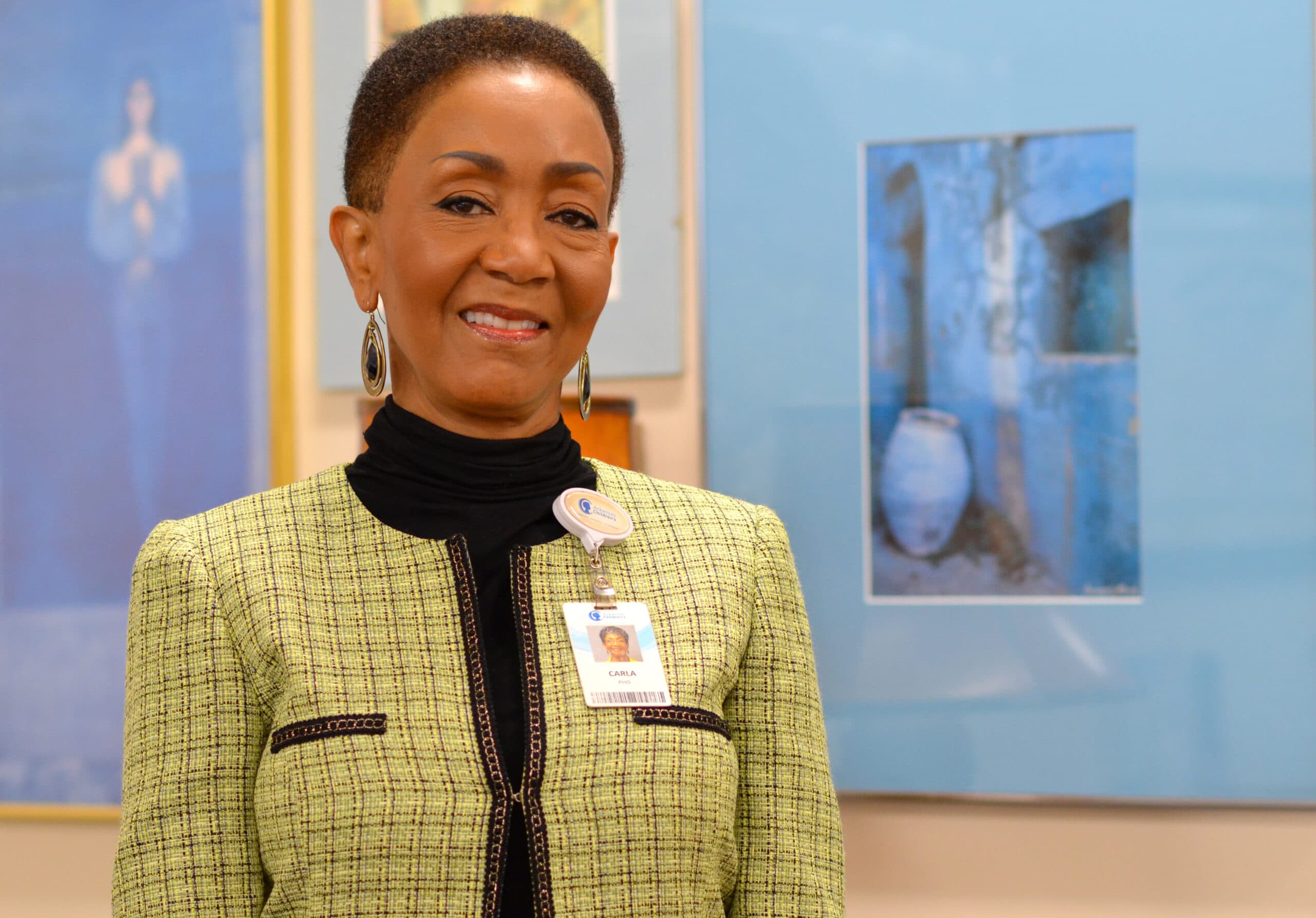Sparks Embraces Opportunity to Promote Health and Social Equity in Arkansas and Beyond
| Carla Sparks, MPH, throughout most of her 45 years of professional experience, has been an advocate of health and social equity.
An alumna of the University of Arkansas for Medical Sciences (UAMS) Fay W. Boozman College of Public Health, Sparks is a Diversity, Equity, Inclusion and Belonging (DEIB) specialist for Arkansas Children’s Hospital, where she passionately believes in promoting the health and well-being of all.
“In the midst of challenges within our current social and political environment, our leadership at Arkansas Children’s understands that DEIB strategies helps to strengthen and promote organization values — safety, teamwork, compassion and excellence,” she said, “reinforcing respect and support among team members and world class care and for all of our patients and families.”
Sparks earned her Master of Public Health degree in 2013 from UAMS, 35 years after attaining a bachelor’s degree from then-Philander Smith College. Sparks, who was born in Warren, Arkansas, but raised in Pasadena, California, moved to Little Rock to attend Philander. Her family eventually relocated to Arkansas after purchasing a 20-acre farm in Warren, originally owned by her great-grandparents.
“My family’s move from a comfortable suburban lifestyle to a rural Southern lifestyle changed my life trajectory,” Sparks said. “Remaining in Arkansas has given me a deeper understanding and appreciation of Southern/rural culture and the history underpinning it. It has enriched my work and relationships with communities in ways that might not otherwise have been possible.”
Sparks learned about public health through the opportunity to work at the College of Public Health. In August 2001, she was hired as one of two community liaisons for the college, making her one of the school’s first team members.
“My initial public health orientation was in the context of community-based public health and community-based participatory research, bridging public health academic disciplines with a community’s lived experience,” said Sparks.
The relationships she developed with members of the college’s faculty and community partners factored greatly in her decision to enroll in the school’s MPH program.
“It was baby steps at first, one class per semester, to see if I could balance my studies along with work and family responsibilities,” Sparks said. “Ultimately, my academic studies were very rewarding, strengthening my role in community-engaged research and relationships with community partners. Moreover, it underpinned my personal values around health and social equity.”
Sparks is board chair for the Praxis Project, a national nonprofit organization that works in partnership with national, regional, state, and local partners to achieve health equity and justice for all communities.
She acknowledged that earning a MPH from the college has enhanced her professional credibility, opening the door to new career opportunities. It helped her to reframe her decades of professional experience in a whole new light.
“Public health is broad. Everything is public health,” she said. “It is a lens through which one can see the countless forces in our world that can influence health. It can be strategies for preventing or mitigating harm and improving our health and well-being overall. If these perspectives resonate, I would recommend a graduate public health education. It can equip you with critical knowledge and tools to lead, influence and/or be the change that you want to see in our world.”
